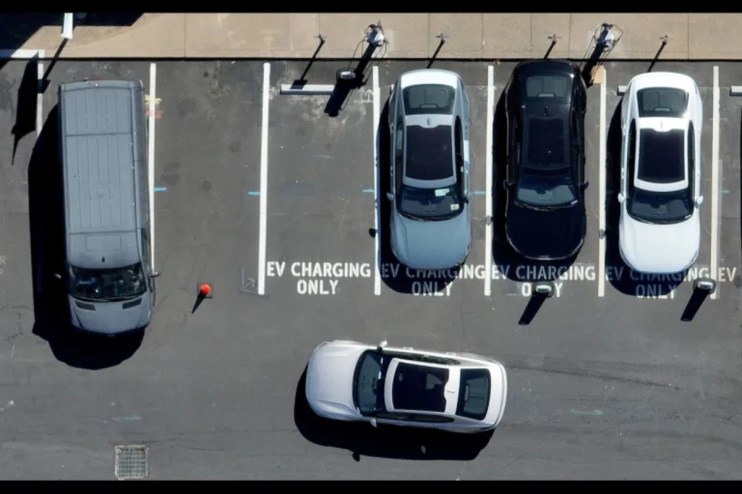UK government unveils changes to electric vehicle rules

Prime Minister Keir Starmer has launched new reforms to bolster Britain’s automotive industry and accelerate the transition to electric vehicles (EVs).
This move reaffirms the 2030 phase-out date for new petrol and diesel car sales, while offering carmakers more flexibility to meet ambitious green targets.
The changes come in response to US President Donald Trump’s tariffs. Trump has imposed a 25 per cent tariff on foreign-made cars as part of his economic plan to “supercharge” the US economy.
Under the updated strategy, hybrid vehicles will be permitted until 2035, and small volume manufacturers will be exempt from certain regulatory targets.
The new measures form part of a £2.3bn push to support zero emission vehicle (ZEV) manufacturing and EV infrastructure, while also helping working people afford the switch.
The measures come as nearly half of all companies across the UK are scaling back hiring plans in response to an increase in employment taxes and labour costs, according to recruitment agency Reed.
Speaking on Monday, Starmer said global economic headwinds and a shifting trade landscape made it essential to go “further and faster” in reshaping the economy through his ‘plan for change’.
He positioned the automotive strategy as a key driver for growth, aiming to boost exports, secure jobs and put more money in working people’s pockets.
The government is introducing sweeping flexibilities into the ZEV mandate, giving automakers greater freedom in meeting emissions targets over the next decade.
Manufacturers can now borrow credits until 2030, and shift credits between different vehicle types.
Hybrids will continue to count toward emissions savings targets through 2029, offering the industry a smoother transition period.
Boost for British car industry
The move is aimed at providing “certainty and stability” for British car brands like Land Rover, Rolls Royce, and Vauxhall. Many of these were hit hard by Brexit uncertainty, global supply chain shocks, and, more recently, international tariffs. Recent tax hikes and regulatory changes have also hit the industry.
Transport secretary Heidi Alexander called the reforms a “decisive and ambitious” intervention to protect jobs and make the UK a global leader in EV production.
She noted that, unlike previous delays and policy U-turns, this package provides long-term direction for the sector.
In a nod to consumer affordability, the government will continue offering tax breaks and other incentives to make EV ownership more accessible.
免責聲明:投資有風險,本文並非投資建議,以上內容不應被視為任何金融產品的購買或出售要約、建議或邀請,作者或其他用戶的任何相關討論、評論或帖子也不應被視為此類內容。本文僅供一般參考,不考慮您的個人投資目標、財務狀況或需求。TTM對信息的準確性和完整性不承擔任何責任或保證,投資者應自行研究並在投資前尋求專業建議。
熱議股票
- 1
- 2
- 3
- 4
- 5
- 6
- 7
- 8
- 9
- 10